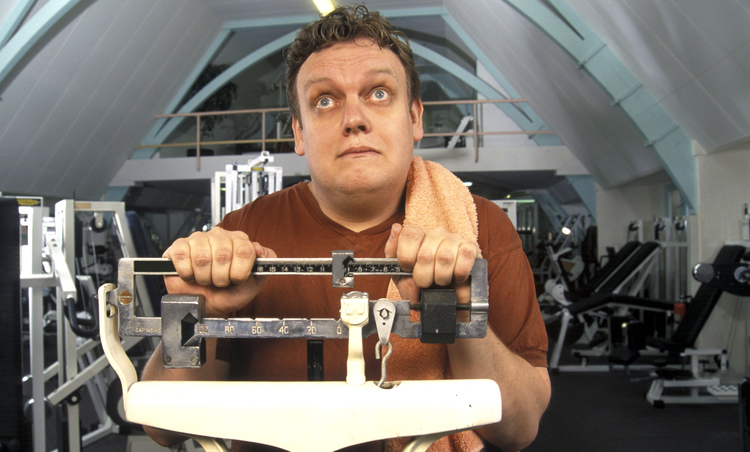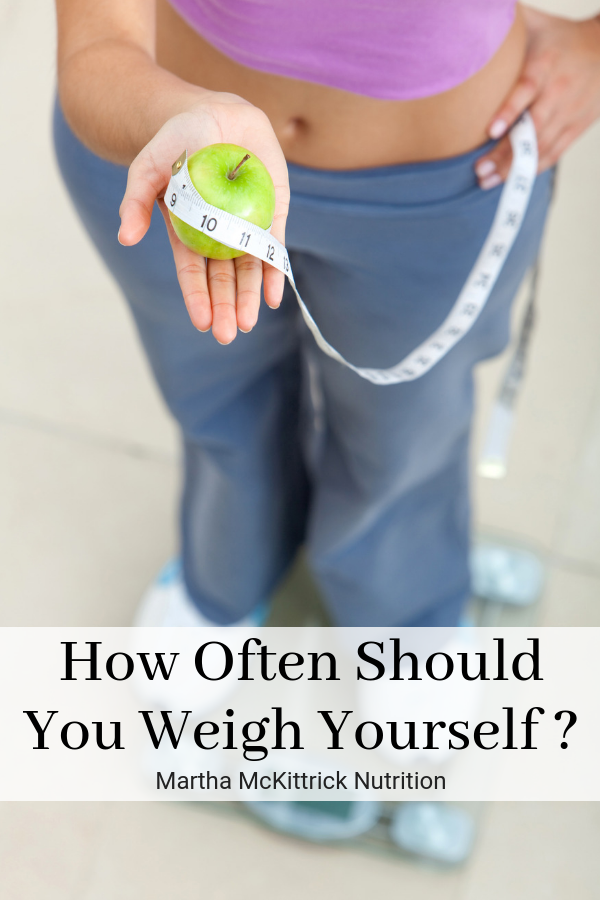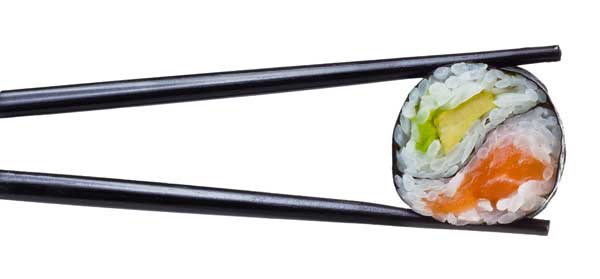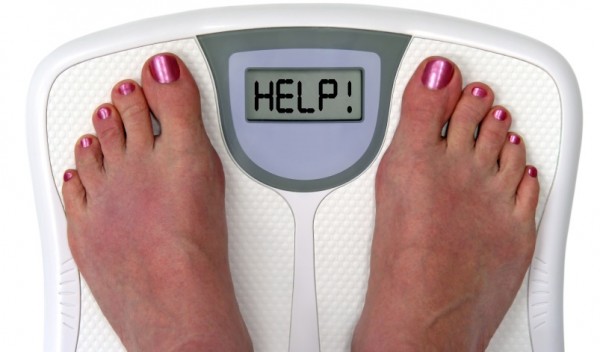How Often Should You Weigh Yourself?

I often get asked this question by my patients. Should you weigh yourself once a day, once a week or not at all? Should you just go by how you feel or how your clothes fit? The answer is – there is no ONE answer that suits everyone! You really need to consider how YOU react to the scale and what the pros and cons are of using the scale as well as the frequency. In certain instances, I find daily or weekly weights very helpful, but in other situations they are the worst and cause obsessions with the scale, decreased motivation and self esteem. So .. how often should you weigh yourself?

If you are trying to lose weight, maintain weight or prevent regaining weight you have lost, the scale is most concrete tool we have. Measurements, your body fat percentage and how your clothes fit can also be helpful. But I still feel the scale is the most important tool for those watching their weight … especially if you have a tendency to gain weight. But there are exceptions …
What the studies show
For many years, we always said to weigh yourself once a week if you were watching your weight. More than this wasn’t helpful … and could drive you crazy! But newer studies are suggesting that daily weights (or several times a week) may be even more effective mainly because it is a daily reminder of your weight and the behaviors needed to keep it down. Here are a few studies:
– Daily weighing with smart scales effective for weight loss. Study
– Weighing every day matters: daily weighing improves weight loss and adoption of weight control behaviors . Study
– Daily weighing + keeping track of your weights is most effective. Study
– National Weight Control Registry members (Registry members have lost an average of 66 lbs and kept it off for 5.5 years) weigh themselves at least once a week. This behavior is adopted by 75% weigh themselves at least once a week.
– Consistent self-monitoring of weight: a key component of successful weight loss maintenance. Study
But regardless of what the studies show, you have to ask yourself – How does the scale work for me? Does it Help or Harm me?
What my patients say about the scale (true stories)
I’m always interested in what my patients think about the scale. I don’t force people to get weighed – but instead ask them how they feel about getting on the scale. Here are some of their answers:
– “If I don’t get on the scale each morning, I know I’m in trouble. Weighing myself means I am going to be focused on what I eat for the day”(from a patient who lost over 50 pounds)
– “You can weigh me, but I don’t want to know the number. It will only get me upset. I just want to know if I am losing weight and headed in the right direction”
– ” I weigh myself once a week and chart my weights on a graph. I am only interested in the monthly trends”
– “I need to weigh myself daily. This way I can catch even a pound weight loss before it accumulates” (from a patient who lost 70 lbs)
– “I tend to be obsessive so don’t even keep a scale in my apartment. I only weigh myself once a week at the gym in the morning”
Pros of regular weighing (1 or more times a week)
- Whether you choose to weigh yourself once a week or more, here are the potential benefits:
 Studies have shown that regular weighing (weekly or daily) improve your chances of losing weight and keeping it off.
Studies have shown that regular weighing (weekly or daily) improve your chances of losing weight and keeping it off. - It creates accountability.
- It can reinforce good habits. For example, if you see that cutting out snacking at night or eating fewer carbs at dinner makes your weight drop, it creates positive reinforcement. This will increase your chances of continuing those behaviors on a more regular basis.
- You can reel yourself in quicker. Let’s say you had a weekend of overindulging. By weighing yourself Monday morning, it will reinforce that you need to get back on track quickly – not next week. Catching that extra pound now can make it much easier than catching 5 pounds next month.
- It helps you problem solve. If you see the scale is going up or not going down, you can problem solve and come up with new ideas on how to get the scale moving again.
- If you find body fat percentage or a measurements from a tape measure more motivating – use that instead.
Who shouldn’t weigh themselves on a frequent basis
I find the scale is NOT good for some people and can create low self esteem and decreased motivation as well as increased obsessiveness. Here are a few examples where a blind weigh in, weigh in only by their nutritionist/doctor or only every few weeks (ideally on a scale not in their home):
– Those people with eating disorders or history of eating disorder. I often recommend my patients with eating disorders get “blind weigh-ins” by their nutritionist or physician.
– If you react poorly to the scale. For example, let’s say you’ve been really watching what you eat and you see you’ve gained 2 pounds. Does this cause you to lose motivation and head to the bag of chips? Or ditch your attempts at weight loss completely?
– Have obsessive tendencies. Are you one of those people who weigh yourself several times a day? Every morsel of food you eat causes you to get on the scale. You drag your scale around your home trying to find the spot that gives you the lowest weight?
– If you base your self worth or self esteem on the what the scale says.
– If the scale “gives you permission to eat”. If you lose 2 pounds in a week, do you feel entitled to order dessert that night as a treat?
If you answered yes to any of the above questions, regular weigh-ins may not be best for you!
Why the scale fluctuates
 You’ve probably seen the scale jump up (or down) by a few pounds from day to day. It is highly unlikely that you have really gained or lost a few pounds of fat – but water shifts instead. It’s important to understand why this happens so you can put it into perspective.
You’ve probably seen the scale jump up (or down) by a few pounds from day to day. It is highly unlikely that you have really gained or lost a few pounds of fat – but water shifts instead. It’s important to understand why this happens so you can put it into perspective.
The scale may go up a pound or two overnight if:
– you’ve had something high in sodium the day before. Our bodies maintain a balance of sodium to water. So it will hold onto water if your sodium intake was increased. Eventually things will even our and you will release the water. (pic credit for sushi)
– you haven’t had a bowel movement
– you are dehydrated
– you ate more carbs than usual the day before. Carbs hold onto water. After a day or so, the body will release the water. 
– you had a late dinner (or lots of snacks) the day before
-it’s “that time of the month” for women
The scale may drop a pound or two if the reverse to the above factors occur.
It’s important to keep in mind the quick jumps up and down of weight doesn’t mean it is REAL weight gain or loss. Unless you are morbidly obese, it usually takes more than a few days for a real weight change to occur. Read my previous post on How Could You Have Gained So Much Weight Over the Weekend
Tips to weigh yourself
- Same time of the day and same scale
- Consider a scale that measures body fat percentage. But keep in mind that this is not 100% accurate.
- Keep a record of your weight. Studies have shown that record keeping (whether in a notebook or graph format) can enhance progress.
- If you are a techie, try a wi-fi enabled scale like fitbit Aria or Withings that can send your weight to an app or website which creates a record or graph of your progress. ( pic credit for weight loss chart)
- Keep in mind all the factors I mentioned above that can affect your weight

- Think about what frequency would work best for you – daily, weekly
- If you are starting a new exercise program – especially if it involves weight training, I would suggest that you also take measurements with a tape measure and/or get your body fat tested at your gym or use a scale that also measures body fat.
Bottom line
You will need to find out what works for you. I have found that the people who do weigh themselves on a regular basis and keep track of their weight tend to have better success in losing weight. That being said, I don’t feel that everyone has to weigh themselves. You will need to think about how the scale works for you. But the one time I feel that 99% of people should weigh themselves – when they have lost a significant amount of weight and are trying to prevent weight regain. It is very easy to regain weight and here is a case when you should nip it in the bud!
Schedule a nutrition session with me!
With over 20 years experience as a registered dietitian, I can help you come up with a practical plan to lose weight and keep it off. I’ll provide you with coaching to help you change behaviors and get off the weight loss rollercoaster. Check out my website Martha McKittrick Nutrition and contact me at martha@marthamckittricknutrition.com to learn more about my programs.
RELATED POSTS
MEET MARTHA
I especially love problem-solving, whether it’s helping women defeat issues plaguing them for years, helping a busy executive find practical ways to get heart healthy, or providing tips to help you reverse diabetes. That’s why I’m on a constant quest to expand my knowledge by staying on top of the latest research.

20 Ways To Eat Out 550 Calories or Less!
No time to cook? We’ve got you covered. Here are 20 healthy meals from a variety of cuisines that won’t pack on the pounds. Most of them also have less than 30 grams of carbs.
Subscribe to my newsletter and get this free download.



